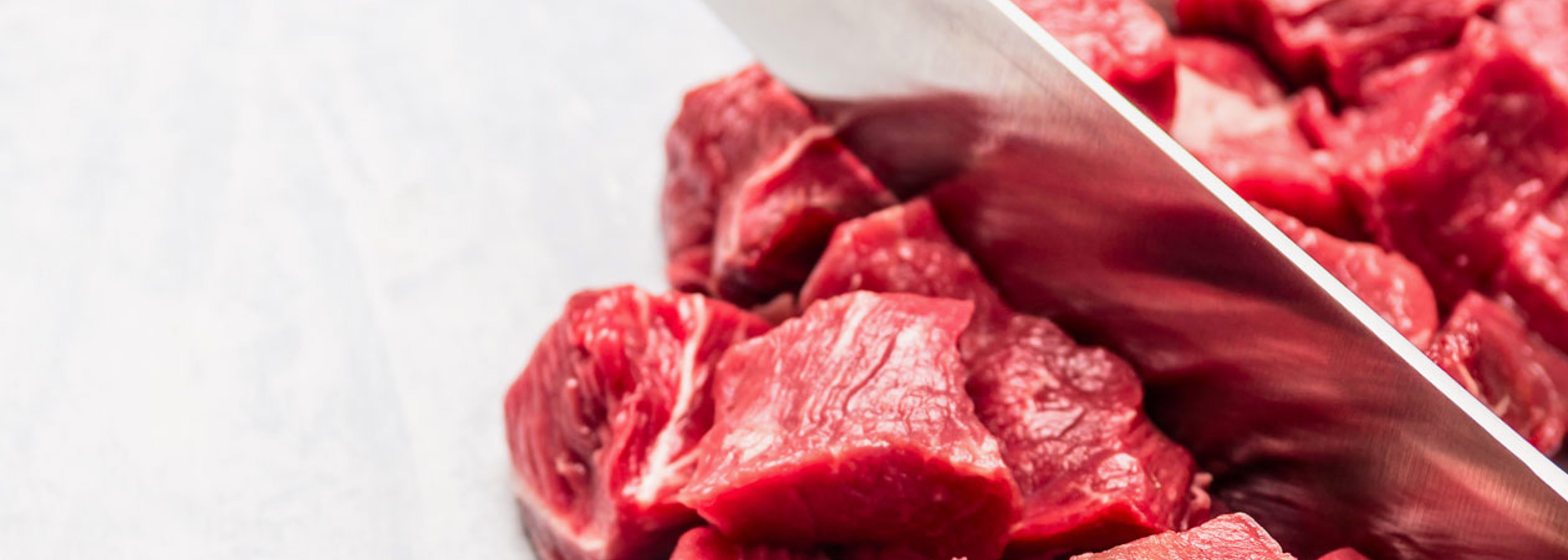Help us create an Environmental Health APPG
Join our campaign by urging your local MP to support the formation of an All-Party Parliamentary Group (APPG) on environmental health.

Food safety organisations to issue guidance to the public on the safe handling and storage of raw meat, particularly lamb and mutton.

Help us create an Environmental Health APPG
Join our campaign by urging your local MP to support the formation of an All-Party Parliamentary Group (APPG) on environmental health.